Cultural Differences That May Surprise You!
Things that are common to us may appear interesting to our sponsored children. Likewise, practices that are considered normal in certain cultures may blow our minds. For example, both boys and girls in Nepal, no matter how poor they may be, have to wear earrings. It turns out that it is a local tradition that when babies in Nepal start eating solid food (about five to six months old), parents have to put earrings on them to celebrate.
There are different customs around the world. The 10th issue of our "Discovery Sponsorship Journey" will take you into "a world without toilets" and "a village where parents join group meetings". This may help you realise that there are no absolutes in the world, the more you see, the more interesting it becomes!
Having a toilet is worth celebrating
According to the World Health Organization and UNICEF, 673 million people in the world still practise open defecation. Not everyone gets to go to a toilet, which used to be the case in Nuwara Eliya, Sri Lanka. In 2018, a group of Hong Kong sponsors visited the Nuwara Eliya community through World Vision's supporter tour. On the day they arrived, the community members were having a big celebration as the community had officially become an "Open Defecation Free Area". The sponsors were even invited to unveil a monument.
In the past, villagers could only defecate in bushes or by the river. This immensely affected the sanitation of the whole village, and there were safety issues too. World Vision arrived in 2006 to help villagers understand the needs for community development, including the promotion of hygiene education, so villagers became aware of the importance of using toilets. Gradually, everyone was willing to change their habits and worked with World Vision to build toilets in the area. In addition, World Vision constructed sex-segregated latrines at schools to further protect children and convey the message of child protection.
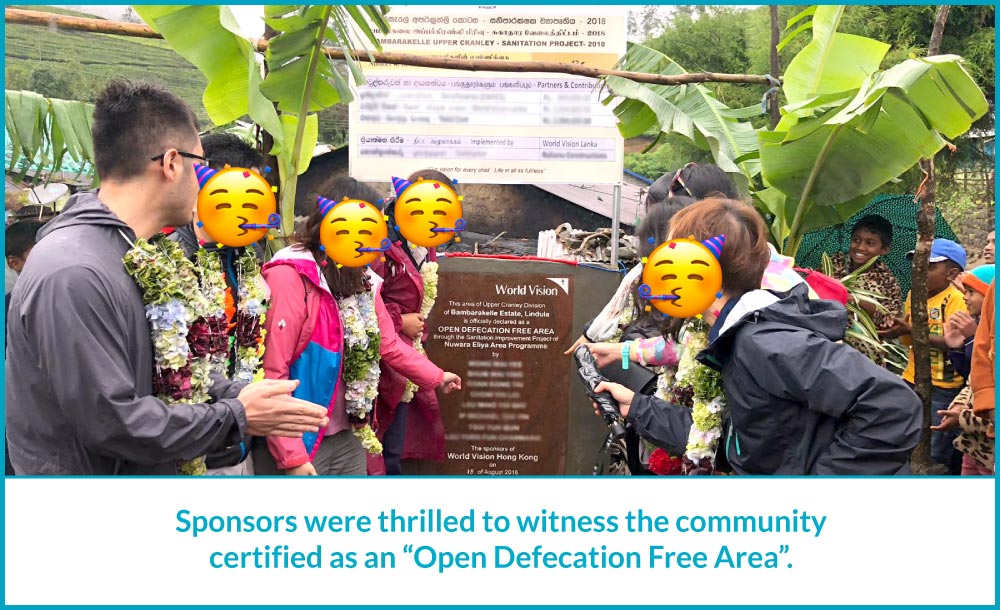
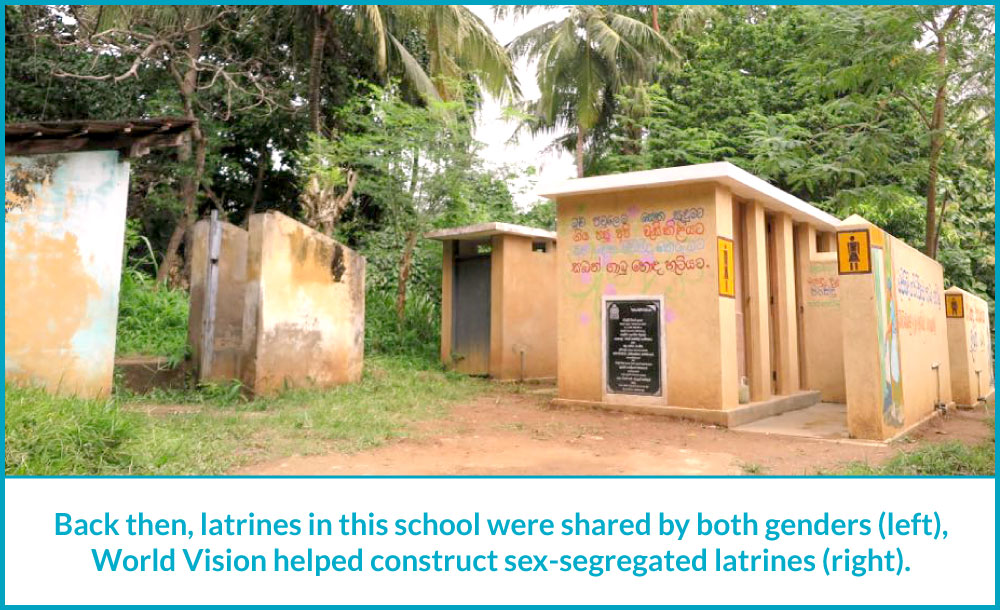
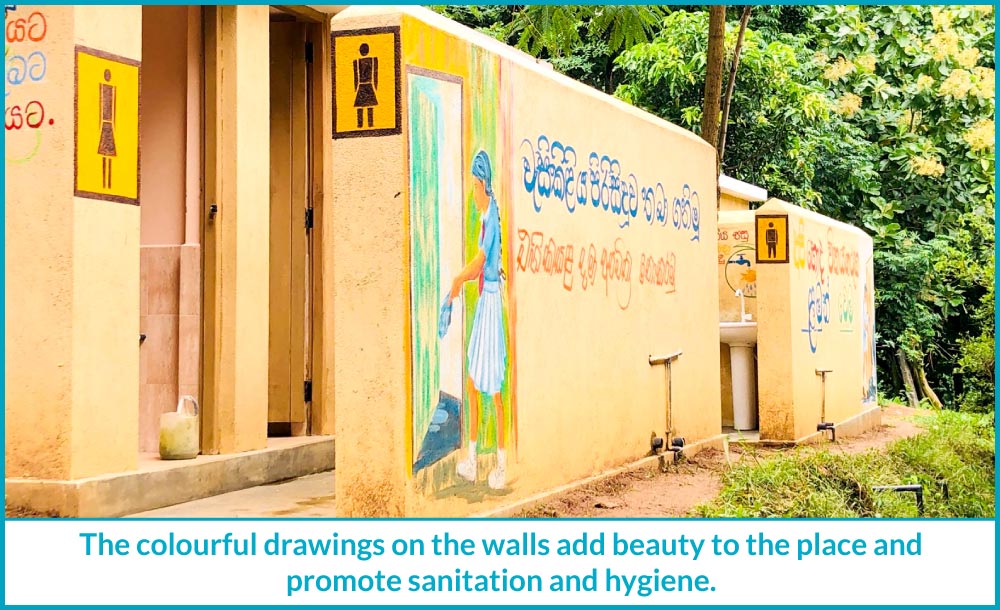
Dad's approval is crucial
As mentioned before, in order to curb malnutrition among children, World Vision holds PD/Hearth sessions for mothers to learn to prepare nutritious meals with local ingredients. The results have been very good! (Original article: "3 Underappreciated Interventions" )
However, in Bangladesh, not only the chefs (mothers) need training, but also the managers (fathers). According to local tradition, the father is the decision-maker of the family, even deciding what food to buy at the market! Therefore, we must educate fathers about nutrition and its impact on children's growth, so that they can wisely choose natural foods over processed ones. We also make sure they understand the importance of joining PD/Hearth sessions, so that they would allow their wives and children to participate, and support their wives to prepare nutritious meals. We have found that getting the fathers involved is very important for children's health. Thankfully, fathers here are generally happy to listen and participate! In some communities in need, we have also set up groups for grandmothers, uniting the whole family in improving children's health.
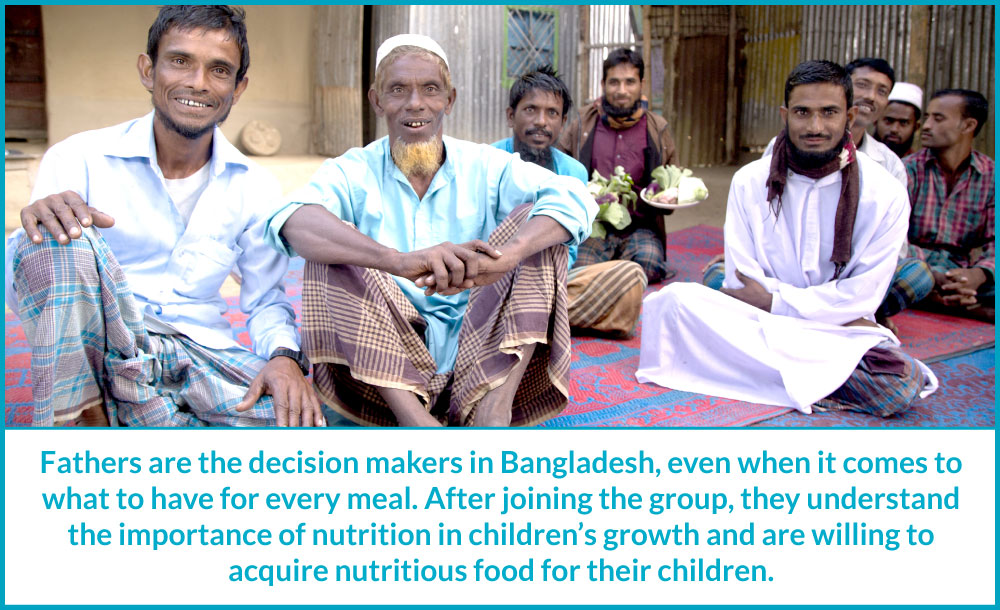
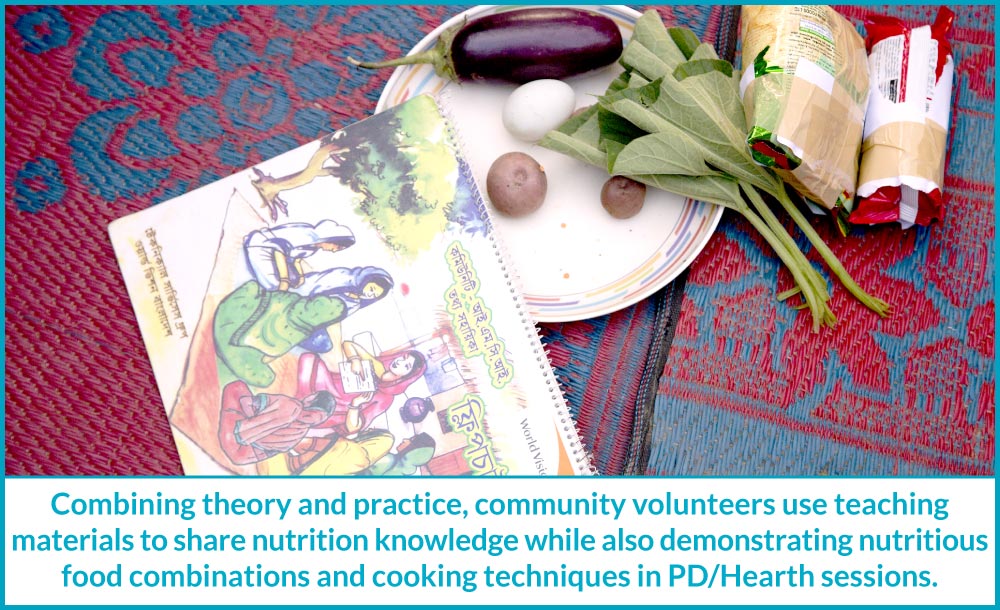
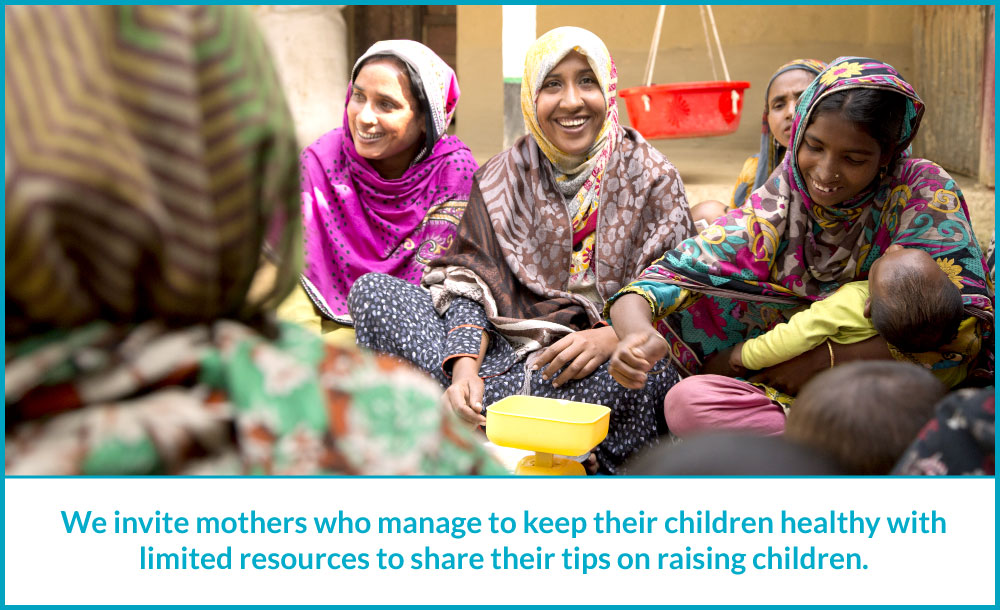
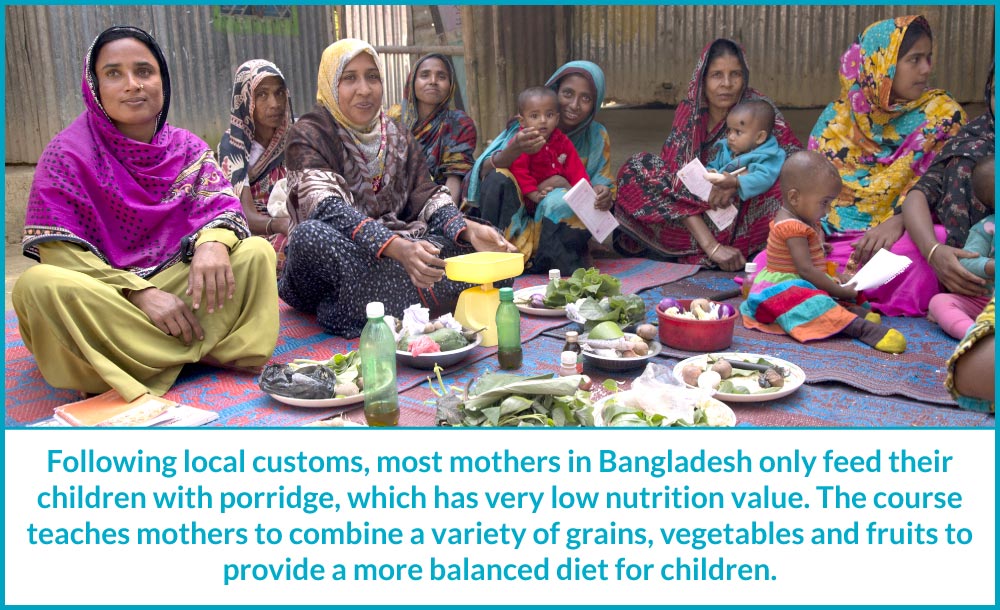

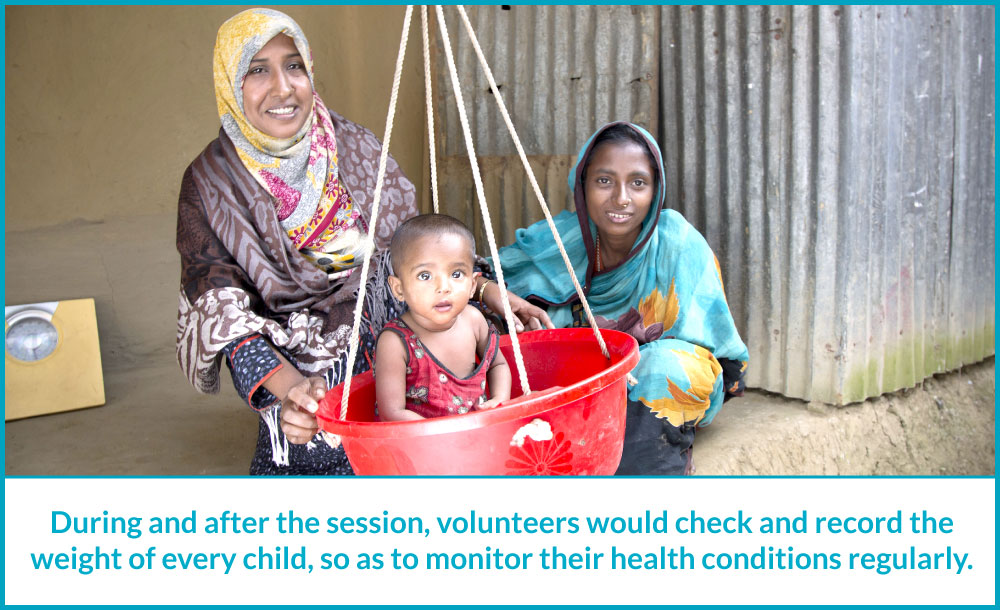
Cultures and customs vary at different places, so understanding the traditions of every community helps us provide help to children and families more efficiently. Hopefully, this article has given you a better understanding on the living conditions and needs of sponsored children in different communities. We believe that the more you understand, the better you will be able to relate and support children and families.
When you receive an "Annual Progress Report" of your sponsored children and their communities, you may want to pay attention to the following items:
-
XXX people now have toilets in their homes, which means children and families do not have to defecate outside anymore, thus reducing the spread of diseases.
-
XXX parents now attend parent support groups regularly, which helps them build a safe, loving and caring home for their children.
-
Mother groups are helping mothers better understand nutrition, so that they know how to feed and keep their children healthy.
-
As children participate in World Vision's nutrition programmes, their caregivers also learn better parenting and cooking techniques, which helps improve children's nutrition and health.
If there are any questions about sponsorship, or other topics that you would like us to cover, please send us an email at [email protected] to "Discovery Sponsorship Journey". Your questions may become the topic of our upcoming issue!